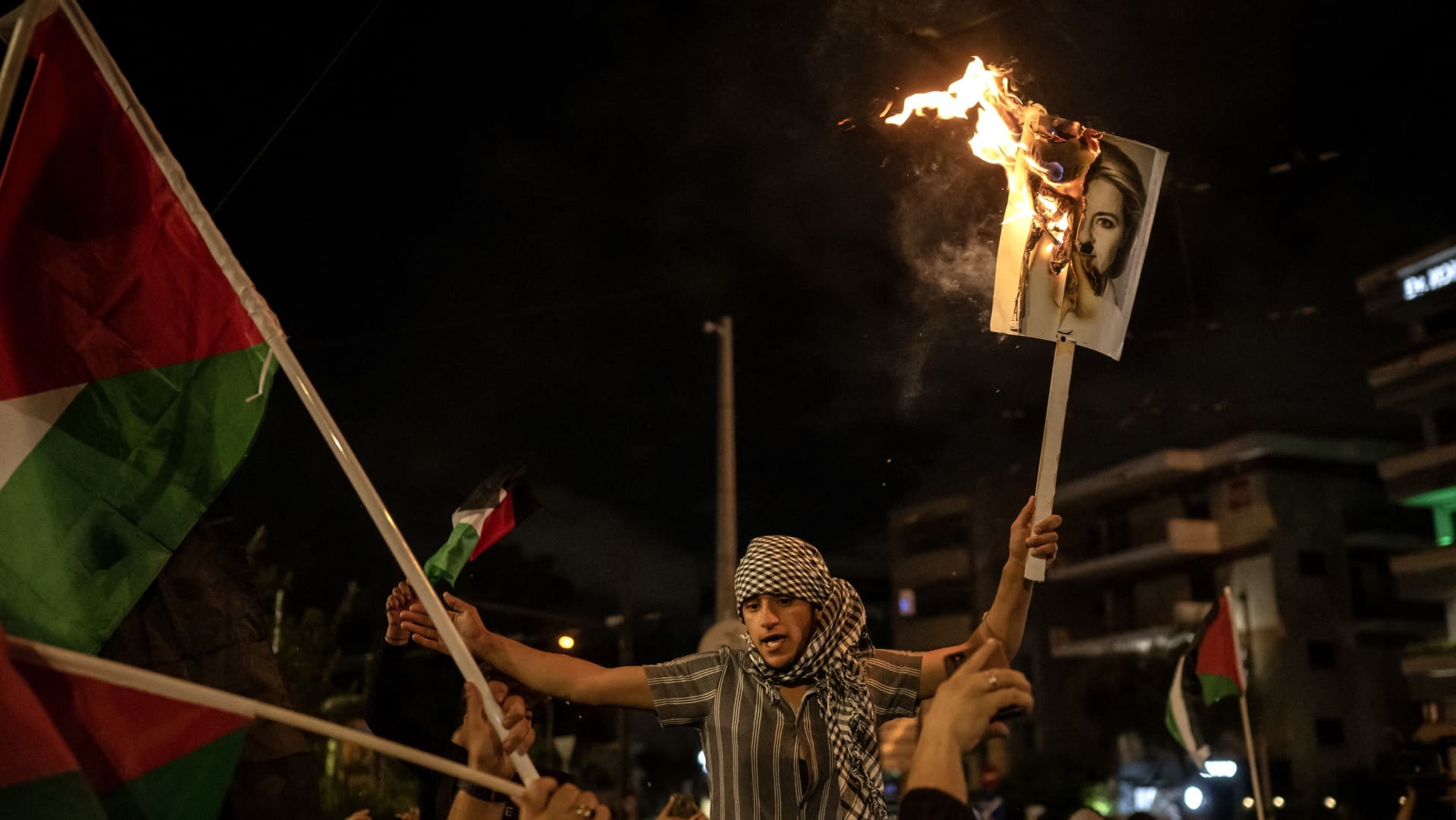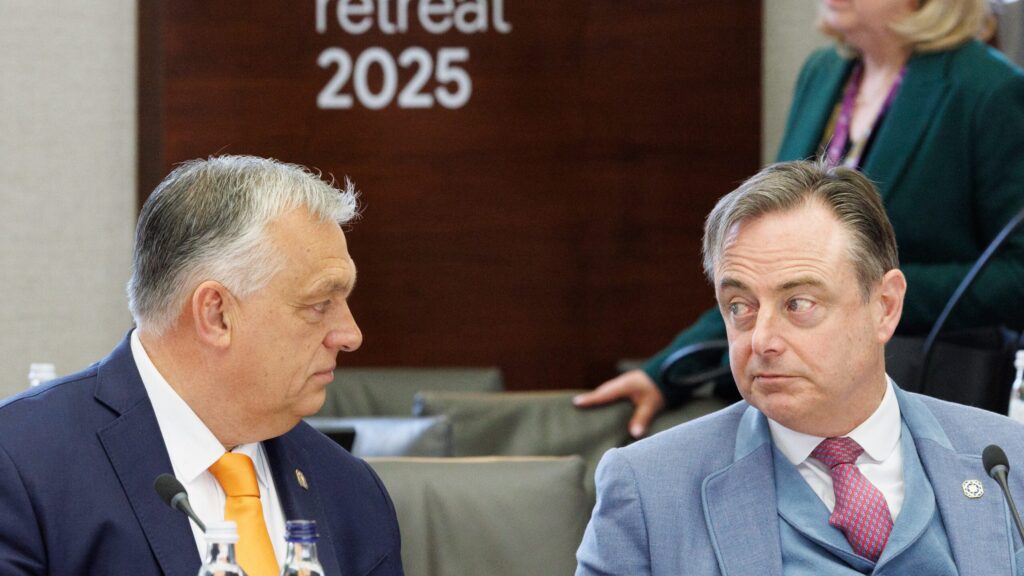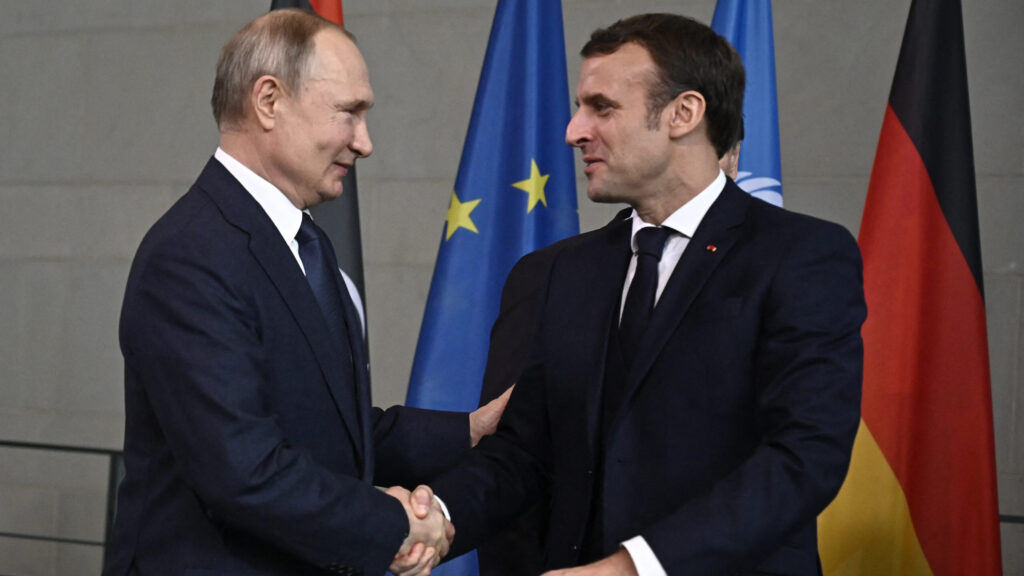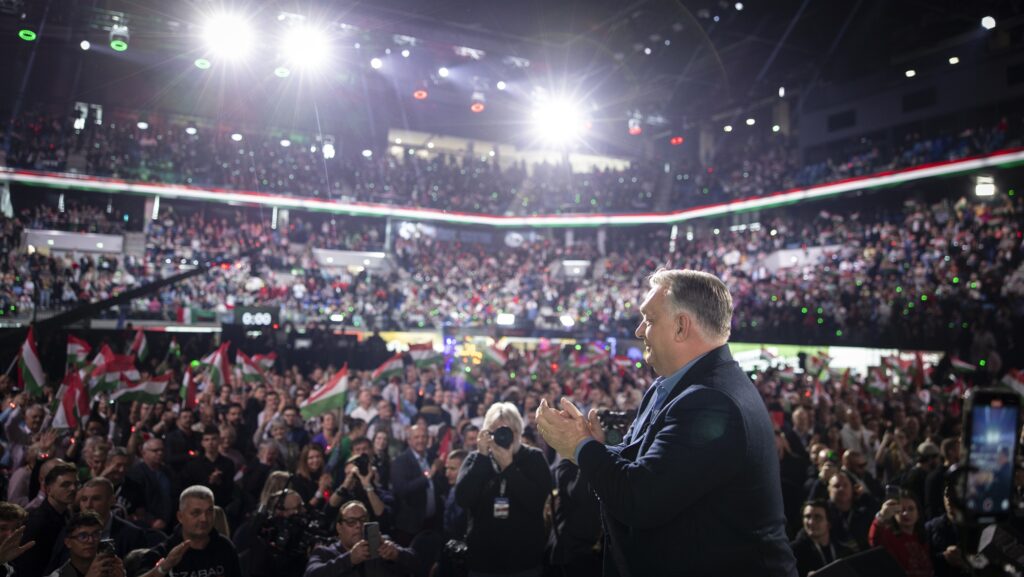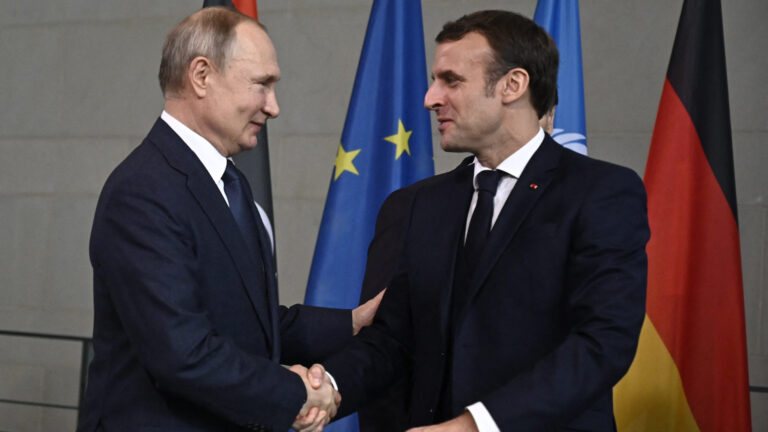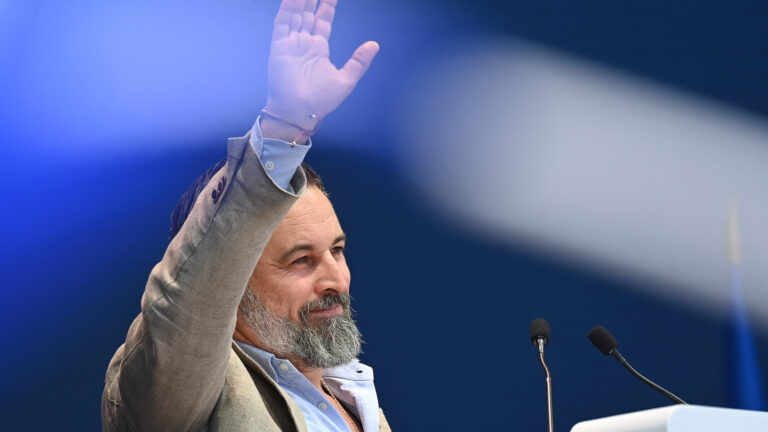The divergent communication of the EU institutions on the events in Israel has shown that the bloc, which is seeking an increasingly global role, is struggling to speak with a single voice.
‘From Hero to Zero’
On 17 October, European Union heads of state and government held an extraordinary summit on the Israel-Hamas war after the terrorist organization carried out a brutal attack on 7 October on southern Israeli settlements, leaving more than 1,400 people killed and at least 220 kidnapped. The special EU summit aimed to coordinate the communication and actions of Member States and EU organizations on the conflict. And this is clearly very much needed.
Although in the first days of the conflict, most Member States and EU leaders condemned Hamas and expressed their condolences and support for Israel in the face of the brutal terrorist attack, European communication soon took a different direction. Here is just one example that once again showed the lack of unity and cooperation at the European level in a regional conflict.
Following the terrorist attack, Olivér Várhelyi, European Commissioner for Enlargement, announced on X (formerly Twitter) that the bloc was suspending ‘immediately’ its €691 million in aid to the Palestinian Authority.
Oliver Varhelyi on Twitter: “*All payments immediately suspended.*All projects put under review.*All new budget proposals, incl. for 2023 postponed until further notice.*Comprehensive assessment of the whole portfolio. / Twitter”
All payments immediately suspended.*All projects put under review.*All new budget proposals, incl. for 2023 postponed until further notice.*Comprehensive assessment of the whole portfolio.
The statement by the Hungarian commissioner, a staunch supporter of Israel, has caused a sense of panic among the leaders of Spain, Portugal, Luxembourg and Ireland, all staunch supporters of the Palestinians in the EU. Meanwhile, Germany and Austria have also announced the temporary suspension of aid to Palestinians, as it does not distinguish between Palestinians living in the Gaza Strip and Judea and Samaria (West Bank).
The announcement was as unexpected as it was shocking for EU institutions too. A couple of hours later,
Commissioner for Humanitarian Aid and Crisis Management Janez Lenarčič rebutted his Hungarian counterpart, insisting that the aid would continue ‘as long as necessary’.
The EU Commission has said that the EU will carry out an ‘urgent review’ of some aid programmes to ensure that funds do not fall into the hands of terrorists (which in itself implied that such safeguards do not yet exist).
EU foreign affairs chief Josep Borrell has also spoken out on the issue, saying he believes the EU should give more support to the Palestinians, not less. Later, President of the Commission Ursula von der Leyen announced that the EU tripled its humanitarian assistance to over €75 million to support civilians in need in Gaza. The funding will be channelled through selected EU humanitarian partners operating on the ground taking into account capacity and access.
In short, the Commission has gone from announcing a complete suspension of aid to the Palestinians to tripling humanitarian aid to them. No wonder, then, that a special summit was needed to coordinate EU communication.
Who Represents the EU?
Similar confusion has also arisen over who represents the EU abroad and who has authority over the bloc’s external relations and communication.
The EU High Representative for Foreign Affairs and Security Policy, Josep Borrell, does it on paper, after the Lisbon Treaty created his post in 2010. He has called Israel’s Gaza siege ‘illegal’ and its evacuation orders for civilians ‘utterly unrealistic’, the EU Observer recalls. Borell has otherwise not been welcome in Israel since March, following a series of biased criticisms of Israel that put Palestinian terrorism into a ‘better’ perspective.
According to diplomatic protocol, Charles Michel has the highest status in the EU as President of the European Council. His invitation letter to the special summit said: ‘The unfolding tragic scenes in the Gaza Strip resulting from the siege and the lack of basic needs combined with the destruction brought by significant shelling, are raising alarm bells in the international community’.
And Michel’s apparent attempt to take an impartial, pro-peace stance may well be why he draped the EU Council in a white flag to show solidarity and neutrality on war victims.
Gives the Most Support, Gets the Most Criticism: Ursula von der Leyen
The President of the European Commission, Ursula von der Leyen, has been the most active in recent weeks, showing her support for Israel not only in her communications but also in her actions. It is also true, however, that she has also received a lot of criticism for this.
Ursula von der Leyen on Twitter: “This is the moment for unity. This is the moment to join forces against terror. And Israel can count on the EU ↓ https://t.co/heCYSUsiAe / Twitter”
This is the moment for unity. This is the moment to join forces against terror. And Israel can count on the EU ↓ https://t.co/heCYSUsiAe
The President of the European Commission, in addition to repeatedly speaking out in support of Israel on its social media platforms and having her Brussels office building lit up in Israeli colours, has also travelled to Israel on 13 October with Roberta Metsola, President of the European Parliament. As the first visitors from the EU since the vicious terrorist attack on Israel, von der Leyen met Israeli President Isaac Herzog and Prime Minister Benjamin Netanyahu to express the EU’s solidarity with the Jewish state.
Von der Leyen’s moves were immediately criticized by various quarters in the EU, saying that she had overstepped her authority and that her excessive pro-Israel stance did not reflect the bloc’s position on the Israeli-Palestinian situation. French Liberal MEP Nathalie Loiseau addressed a post to the President on X.
‘You [von der Leyen] forgot an important message: Israel must respect international humanitarian law,’ Loiseau said. ‘I don’t understand what the president of the commission has to do with [EU] foreign policy since she isn’t in charge of it,’ she added.
Later some 800 EU staff also wrote a letter to von der Leyen to protest against what they see as unjustifiable bias toward Israel in the Israel-Hamas war.
At an extraordinary meeting on 17 October, President of the European Council Charles Michel lashed out at von der Leyen as well, claiming the EU’s foreign policy has to be based on ‘unity’ and ‘consistency’ in demanding respect for international law wherever conflicts occur.
The European Council finally issued a joint statement on the EU’s position on the Hamas-Israel war ahead of the special meeting.
The EU as a Global Player
It took the European Union almost ten days to issue a joint statement and unify its communication. During those ten days, the United States ordered two carrier strike groups off the coast of Israel, provided special military aid to the beleaguered country, and senior US officials took turns in Israel to assure the country of their support while Anthony Blinken embarked on a diplomatic tour of the Middle East to prevent an escalation of the conflict.
The EU is, of course, neither in function nor in global power a match for the United States.
Although the 27-member bloc has always struggled to formulate a consistent foreign policy given the different national interests, now, there appears to be a breakdown in communication within the EU institutions and bodies as well.
When it comes to a conflict ‘abroad’ such divisions certainly damage the image of the bloc, which is seeking to portray itself more and more as a global player.
Related articles:

